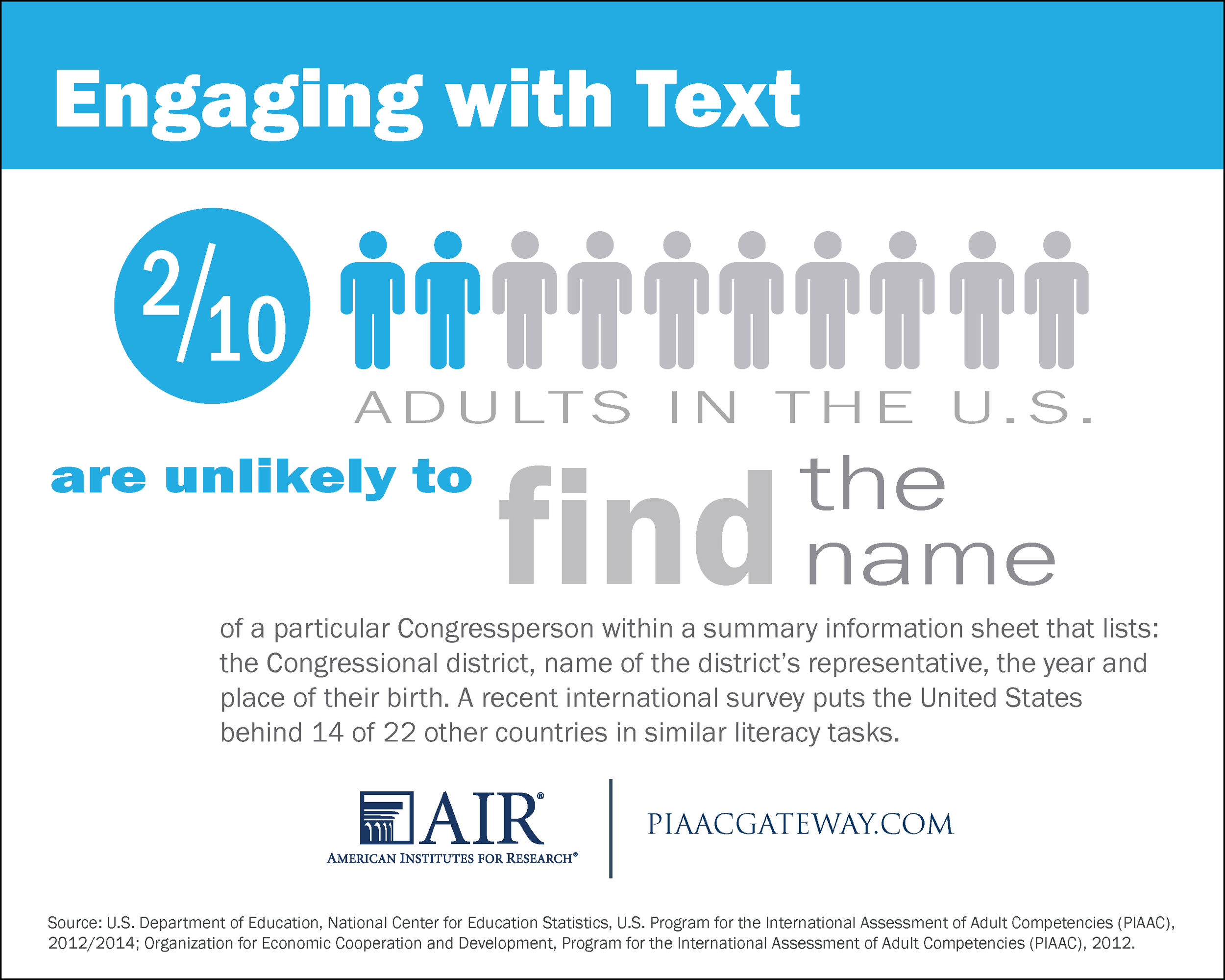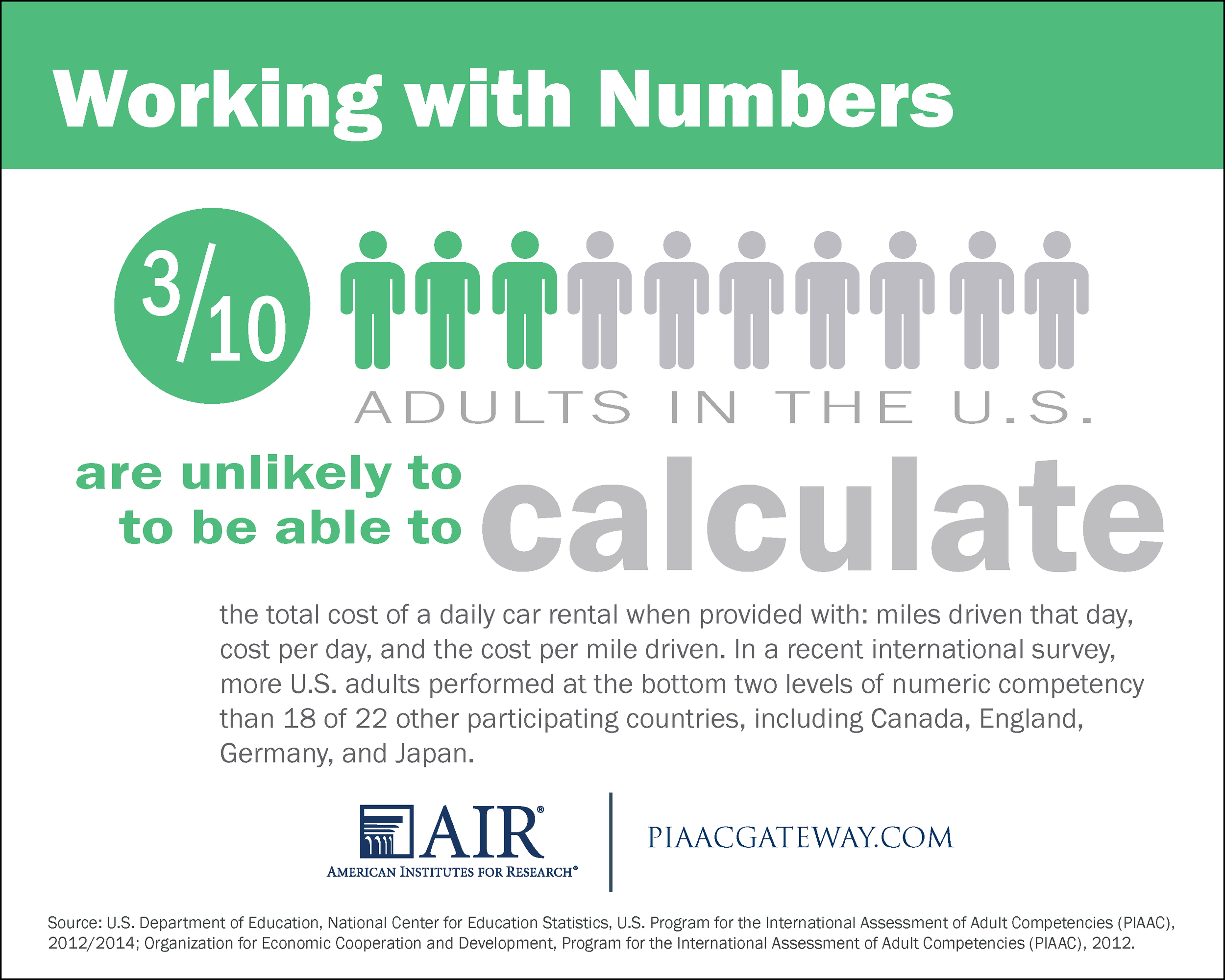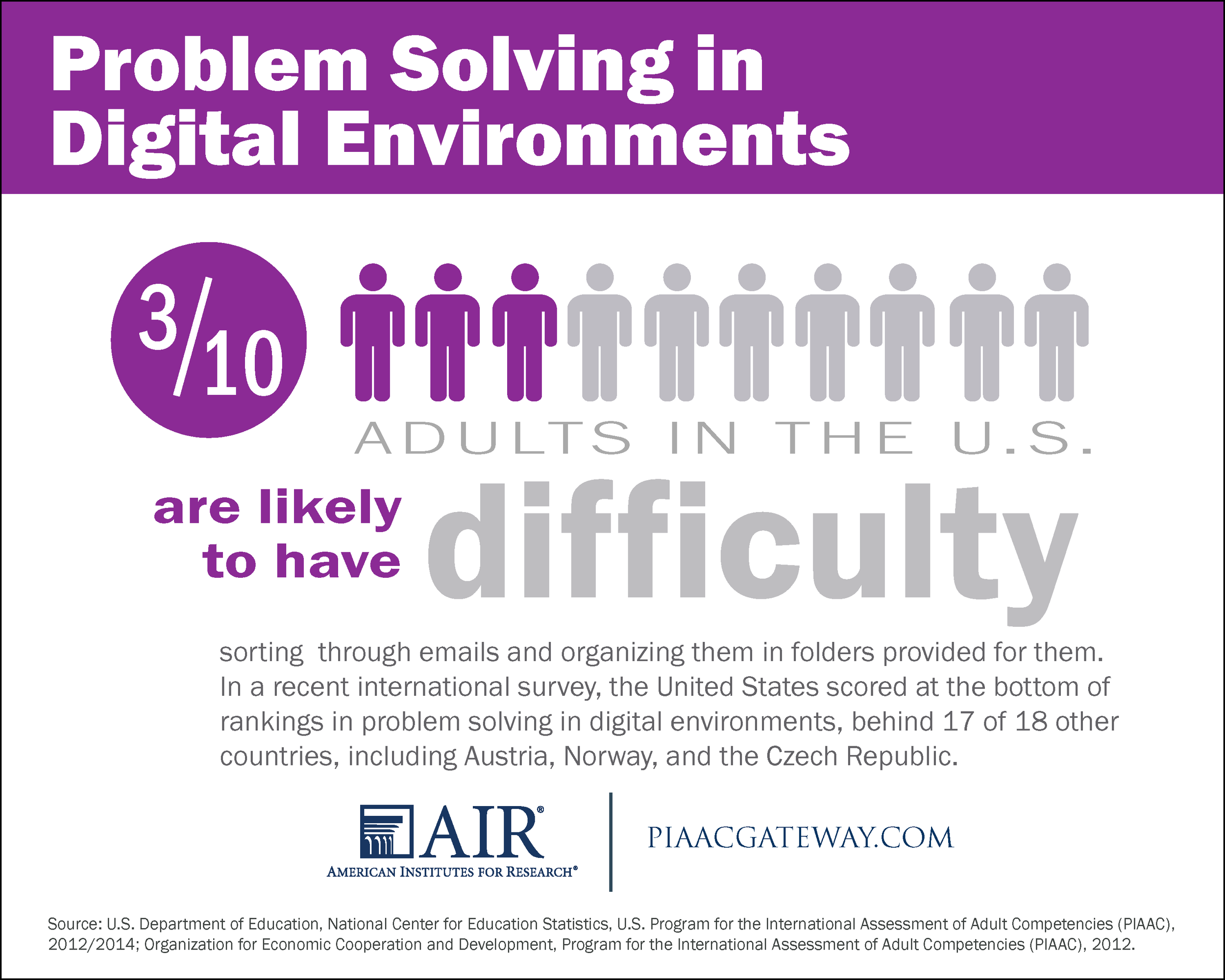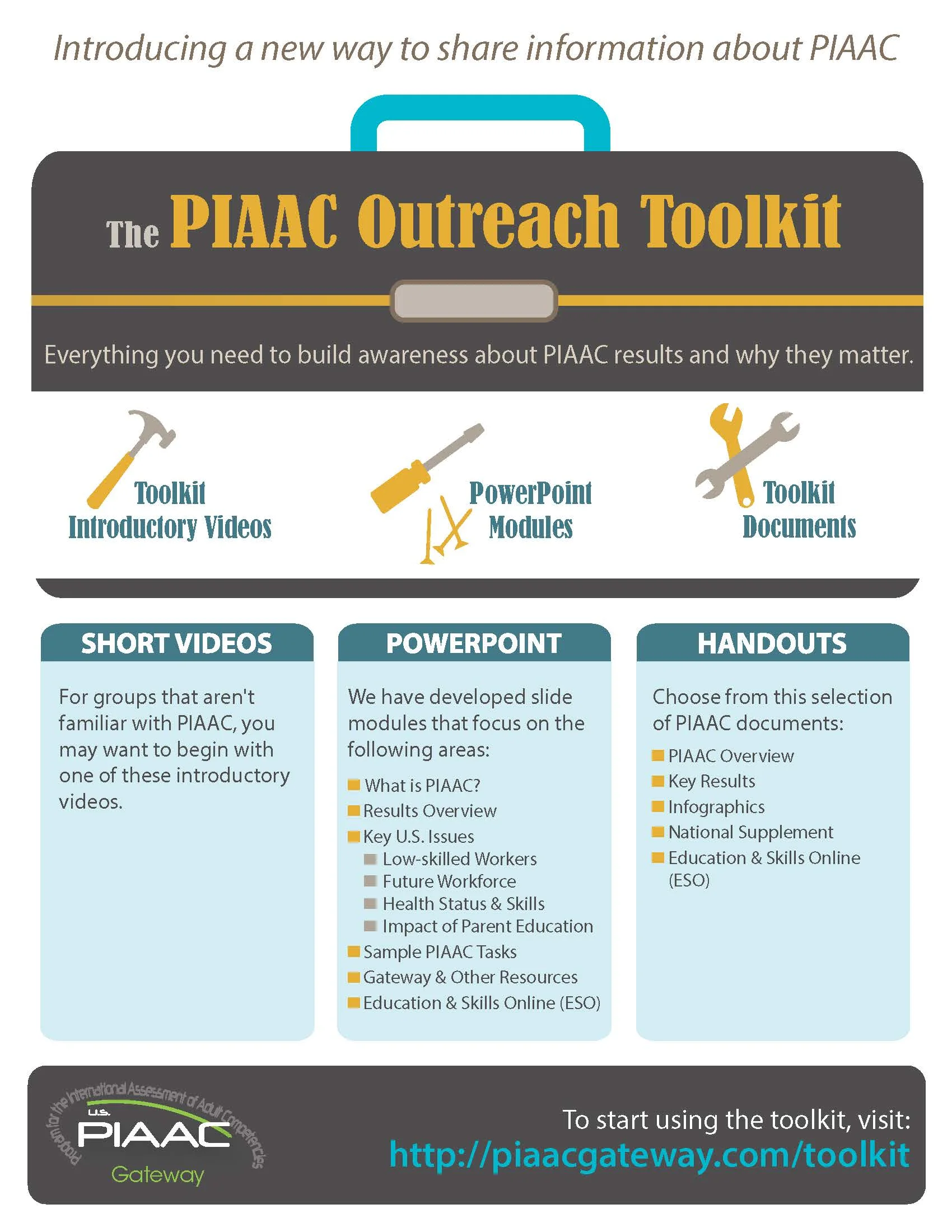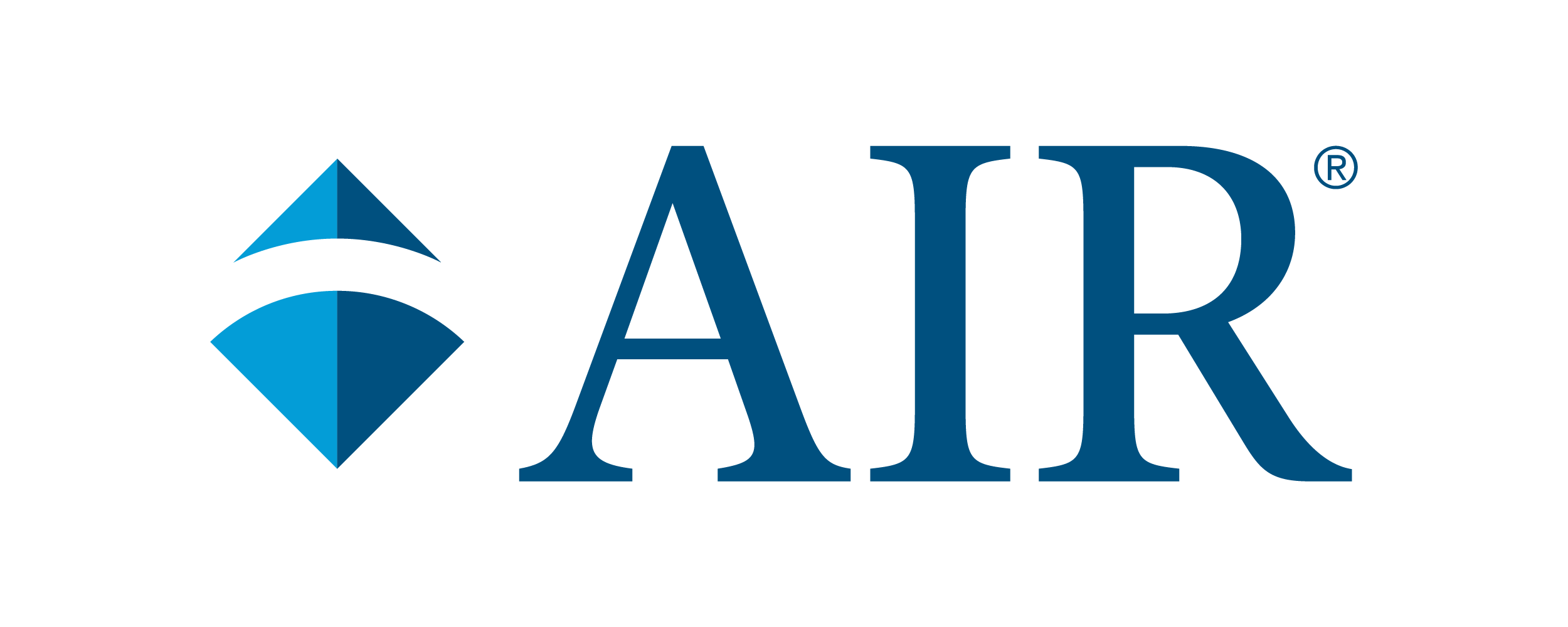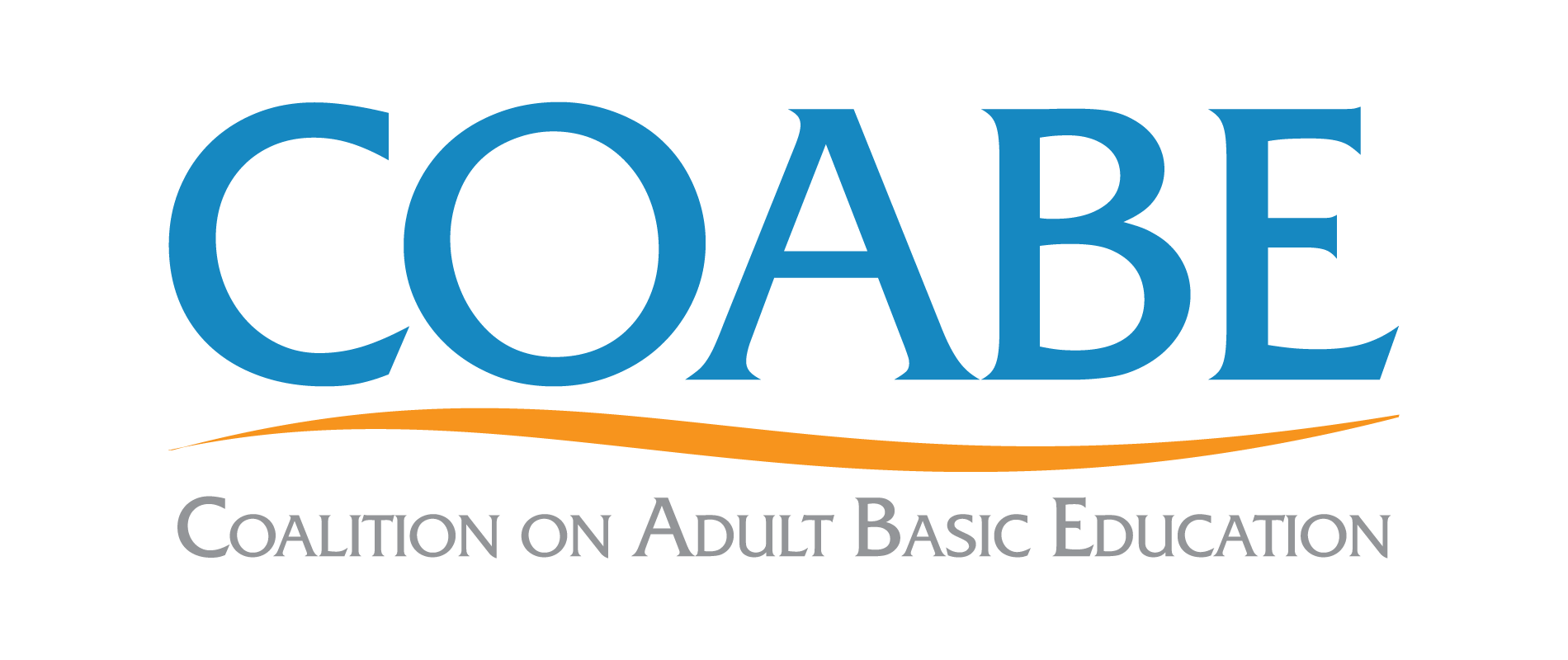COABE 2018
Check out the materials from the PIAAC/WIOA strand presentations & more!
PIAAC-Based Math Strategies for Preparing Adult Learners for the Future
Primary Presenter: Donna Curry
Monday, March 26th 2:00pm-3:15pm, Room: CC 102A
Our learners have to pass high-stakes assessments in order to get into college or training programs; that’s a given. But, we want to do more for our students. We want them to be able to use what they have learned long after they have passed that once-in-a-lifetime test. We want them to be able to negotiate a world filled with math-related situations. The PIAAC Numeracy Framework is based on two big ideas: math as use-oriented, and math proficiency as a continuum. The thinking behind this international assessment can be useful for teachers who want to do more than just ‘teach to the test.’ In this presentation, practitioners will explore what math as ‘use-oriented’ means. They will consider how to develop real-life based activities that move students along a continuum of proficiency.
An Analysis of the PIAAC Components of Reading and Adult Literacy Students
Primary Presenter: Martin Murphy
Monday, March 26th 3:45pm-5:00pm, Room: CC 102A
The Programme for the International Assessment of Adult Competencies (PIAAC) assessed adults’ proficiency in three areas: Literacy, Numeracy, and Problem Solving in Technology-Rich Environments. Participants with limited skills were tested in reading components: print vocabulary, sentence processing, and passage comprehension. Researchers working with the New York State Education Department/ACCES/AEPP (NYSED/ACCES/AEPP) attended trainings conducted by IES and ETS on how to use the PIAAC database to conduct research in a number of areas including education, public health, and corrections education. This workshop will review research by the NYSED/ACCES/AEPP team addressing the relationship between learners’ demographic characteristics and their performance on reading components assessments and what those assessments can tell us about the literacy strengths and needs of adult literacy students.
Education and Skills Online, A PIAAC-Based Assessment Tool, to Measure Adult Skills
Primary Presenter: Katie Herz
Co-Presenter: Bitnara Jasmine Park, Keren Hendel
Tuesday, March 27th 8:00am-9:15am, Room: CC102A
Available 24/7, Education and Skills Online (ES&O), is an assessment tool based on the Program for the International Assessment of Adult Competencies (PIAAC) that provides comprehensive information on cognitive skills of literacy, numeracy, and digital problem solving, as well as background information on your learners/clients. ES&O is designed to help practitioners and administrators in both educational and workplace settings assess skills of individuals. The tool can be used to determine placement for individuals in courses or placement at any point along a career pathway. It can also be used to evaluate classes, programs, or any other group of respondents. Learn how ES&O has been implemented in small and large organizations.
Problem Solving in a Digital World: Using PIAAC’s PS-TRE to Support Learning & Understanding Impact on Writing and Reading Behaviors
Primary Presenter: Jenifer Vanek
Co-presenters: Elizabeth Tighe, Amani Talwar, Daphne Greenberg, Iris Feinberg
Tuesday, March 27th 11:00am-12:15pm, Room: CC 102A
PIAAC’s Problem Solving in Technology Rich Environments (PS-TRE) is a way to think about how we use technology to complete tasks in daily life, work, and schooling, and the issues that might arise as we employ those technologies. PS-TRE can also be viewed as a problem solving process one might teach to adult learners, a process, once learned, that can help them complete tasks in our highly technological world. The different components of the PS-TRE process can provide structure for making relevant the use of technology in classrooms. This presentation defines the components of PS-TRE and explores how teachers can use them to help learners develop skills to flexibly use digital technologies in learning. The presentation also discusses how reading and writing behaviors at home and at work relate to PSTRE as well as literacy performance. In particular, how daily reading and writing behaviors (e.g., reading/writing emails, filling in forms) may differ depending on student demographics (e.g., age, educational attainment, job category, English language proficiency). Teachers will view and discuss several example instructional activities.
Successful Programs to Fast Track Students: Trade-Specific Boot Camps
Primary Presenter: Kimberly Glenn
Wednesday, March 28th 8:00am-9:15am, Room: CC 101B
Everyone wants to know how to fast track students into a career pathway. Transition to postsecondary education or a career is the hallmark of WIOA and ultimately leads to student self-sufficiency and success. This presentation will share examples of fast track programs that prepared and transitioned students into either postsecondary training or on the job training. By leveraging WIOA partners, these programs have successfully helped youth and adults enter and sustain in activities that support postsecondary skills training and employment efforts through Trade-Specific Boot Camps.
Service-Sector Workers & the Need for Adult Education: Findings from PIAAC and the Implications for Educators
Primary Presenter: B. Jasmine Park Co-Presenter(s): Amanda Bergson-Shilcock, Katie Herz, Keren Hendel
Wednesday, March 28th 3:15pm-4:30pm, Room: CC 102A
Approximately one-third of the U.S. workforce works in service-sector industries such as restaurants and hotels, and the number of employees in these industries is on the rise. In this session, presenters will share results from an analysis of the most recent PIAAC data (2012/14), examining and comparing demographic profiles and characteristics of service-sector workers by their literacy skill levels. In addition, participants will learn how to best support service-sector workers in their upskilling efforts and hear examples of such support from a leading policy expert of adult education and upskilling. Lastly, participants will engage in a group discussion about how these research findings can help adult learners.
English Language Proficiency Standards: Giving Students the Language They Need So They Can Learn
Primary Presenter: Marcela Movit
Co-Presenter: Marian Thacher
Monday, March 26th 2:00pm-3:15pm, Room: Camelback B
While the College and Career Readiness Standards (CCRS) prepare students for academic and workforce success, they provide limited support for students who are not proficient in English and need additional language support. The English Language Proficiency (ELP) Standards for Adult Education (AE) can help administrators and educators ensure that their English language learners (ELLs) receive the focused and effective instruction they need to meet the CCRS. This session will examine why the ELP standards for AE were developed and how adult education teachers can use them in their classrooms to ensure that ELLs have the opportunity to achieve their full potential.
Expanding our Curriculum Horizons: Understanding the PIAAC Data and Using the Literacy Framework to Guide Instruction
Primary Presenter: Federico Salas-Isnardi
Co-Presenter(s): Amy Trawick
Tuesday, March 27th 3:45pm-5:00pm, Room: Estrella
The 2012-2014 PIAAC report compared the performance of adults in 24 developed nations and found that adults in the United States under-performed adults in most other participant countries in key areas. During this interactive workshop you will learn about this study and discuss what impact such findings have on adult education classrooms. We could just shake our heads in disbelief and pull our collective hair, or we can assess the situation critically and make changes to our instructional practices. After an overview of the survey data, we will present a model derived from the PIAAC literacy framework to help you expand your curriculum horizons and guide instruction informed by the different tasks defined for the study.
Professional Learning Communities in A Correctional Setting
Primary Presenter: Marian Thacher
Co-Presenter(s): Shannon Swain, Sudie Whalen
Wednesday, March 28th 8:00am-9:15am, Room: Encanto A
The California Department of Corrections and Rehabilitation, a large system with 35 adult prisons, is in
the second year of expanding horizons by implementing a large reform effort to base both academic and
career technical instruction on evidence-based practices. An important piece of the project is the
implementation of a professional learning community at each institution. Professional learning
communities have been adopted widely in K12 and more and more in adult education. The corrections
environment offers some specific but not insurmountable challenges. Attend this session to hear about
the challenges, the successes, and the lessons learned so far.
